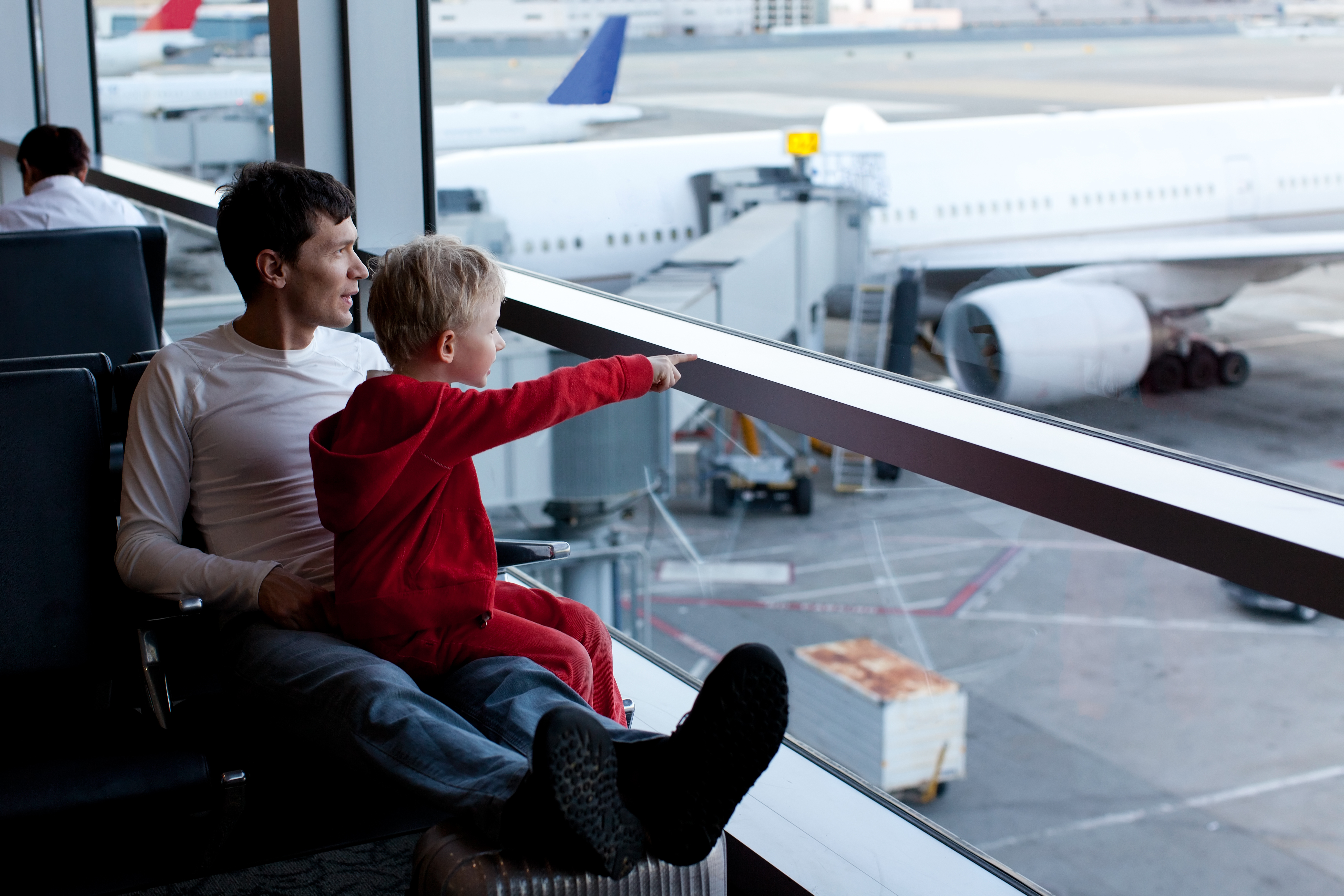In a community, inclusion looks like everyone being recognized for their differences and having a true sense of belonging – not just at schools, but at establishments and events. Community inclusion is about public facilities offering the same activities to everyone, while providing support and services that accommodate people’s differences. While Pal Experiences is committed to increasing understanding and acceptance of people with disabilities and their families, we ask “How can families impacted by autism and other disabilities be proactive in promoting inclusion in their own communities?” Here are some tips for common questions:
What should I do if an establishment that my family visits is not as inclusive as they could be?
Are recreational and community settings near you taking an active role in promoting the idea of inclusion? If you feel like they’re not, speak to management and recommend that the establishment becomes a Pal Place. Pal families are our best brand advocates and have the power to make change simply by requesting support. You’ll find that many businesses value feedback about how they can better serve their customers.
“Before our partnership with Pal, we had families come in that had very challenging experiences,” said Jake Hustead, Guest Relations Manager for OdySea Aquarium. “They could not complete their journey, due to the sounds, due to the smells. After our partnership with Pal not only do they return, they have annual passes and come in on a weekly basis.”
Businesses can learn more about becoming a Pal Place here.

How can I talk to people close to us about what it means to be inclusive?
Amplify the voices of individuals with autism and other disabilities by educating others. Passing on what you have learned is the first step to acceptance and inclusion. Here are some tips for explaining to typically developed people how to interact with a child with disabilities:
Inclusion: Encourage invitations to parties and other activities. Getting invited to an activity outside of the house is a cause for celebration!
Patience: People with disabilities think and play differently – they might do things more slowly or engage in behaviors that appear unusual. Teach parallel play, which is doing an activity side by side rather than directly doing it together.
Accommodation: Kids with disabilities sometimes have special requirements. They might need a parent or aide to help them interact with others. They can be sensitive to loud noises or be uncomfortable with body language. Talk about such differences to help them understand your child and adjust their expectations when it comes to interacting.
Humor: People with disabilities love puns and visual humor especially. Sarcasm and teasing should be avoided at first because jokes can be taken literally. After people get to know your child, they can try different jokes.
Predictability: Some kids with autism and other disabilities thrive on routine and structure. They like to know what’s happening next. People who interact with your child should respect this and be mindful of it.
Competence: Encourage people to focus on your child’s strengths Giving your child the opportunity to showcase those strengths allows them to feel competent and independent.
Resources: Are there shows and books that you recommend which feature the stories of characters with disabilities? The right media can be very impactful in educating people about differently abled communities.

How can my family directly focus on our own inclusion?
Are you ready for the world to recognize your child’s potential? Not just as someone that people treat with compassion, but as someone with the potential to be a real friend and asset to the community? Society learns when we decide show up. Just by being present, we can teach empathy and expose people to diversity; showcase how to interact with people with disabilities; and emphasize that people with disabilities are like everyone else in many ways.
Pal Experiences makes it easier for families impacted by disabilities to be present by lightening the anxiety that comes with venturing off to new places. We partner with popular businesses, events, venues and recreational sites which become Pal Places – safe spaces for people with disabilities, sensory limitations, and anxiety inducing traumas to explore comfortably.

